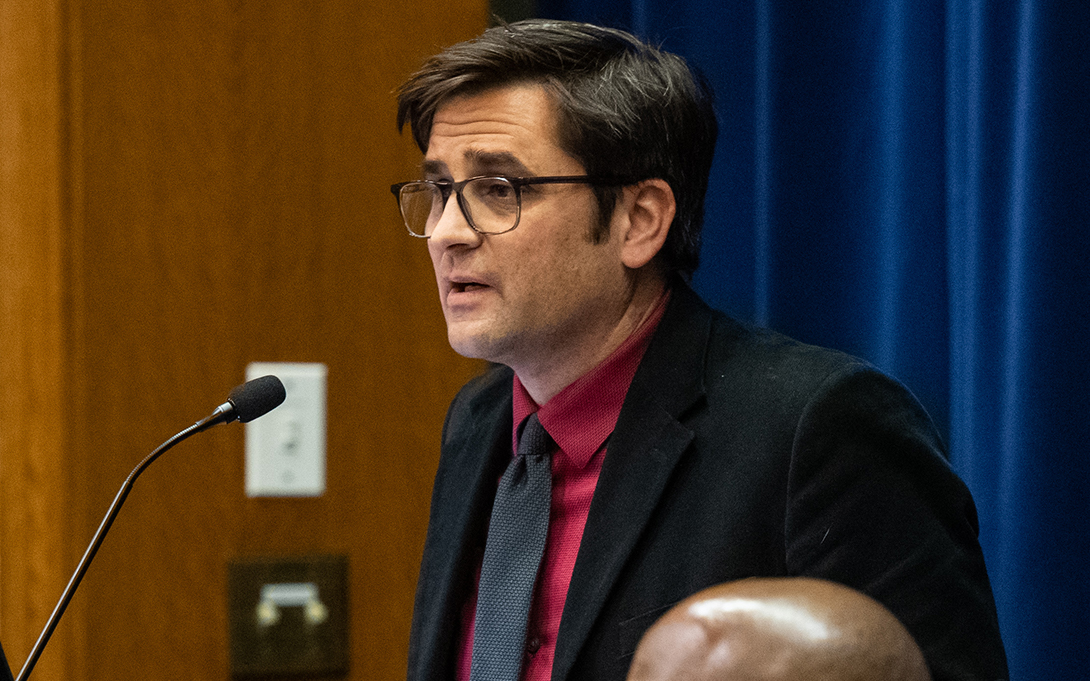
In December 2016, David Thacher's "Channeling Police Discretion: The Hidden Potential of Focused Deterrence" was published in the 2016 volume of University of Chicago Legal Forum.
Abstract
The breadth of the criminal law and the unfettered discretion it creates are among the most significant challenges facing American criminal justice today. These twin problems have a particularly corrosive effect on policing, where they lay the foundations for many of the most prominent flashpoints for community anger, including intensive police surveillance, arbitrary enforcement, racial discrimination, and the cavalier use of pretextual authority. This paper considers the potential of the so-called “focused deterrence” strategy to counteract these dangers by channeling police discretion along more principled routes than it usually follows. Although the focused deterrence model is most commonly understood as a powerful strategy for combating crime, I argue that it should also be understood as a powerful strategy for advancing the rule of law. At its core, the focused deterrence model aims to make the exercise of discretion more deliberate and transparent, redirecting slack criminal justice authority towards the most significant community problems rather than squandering it on the haphazard enforcement of whichever violations of the law happen to come to official attention. By establishing deliberative forums for accomplishing that goal, well-executed focused deterrence initiatives help to combat the arbitrary and excessive use of overbroad legal authority. More substantively, the model’s commitment to deterrence provides an important source of focus and constraint. Properly understood, deterrence is not just a mechanism of crime prevention but a moral ideal rooted in the right to self-defense. If we take that ideal seriously, as many focused deterrence initiatives have, it rules out the opportunistic use of legal authority to prevent crime at all costs, including the cost of disregarding the rights and dignity of suspected offenders. In all of these respects, focused deterrence initiatives have the potential to help reassert the rule of law in an environment where it has become precarious. I demonstrate that this potential is not an accidental byproduct of an initiative designed for other purposes but a consequence of its intellectual genealogy—a legacy of its forgotten roots in an earlier era’s efforts to understand and tame police discretion.
Too much law amounts to no law at all.
William J. Stuntz